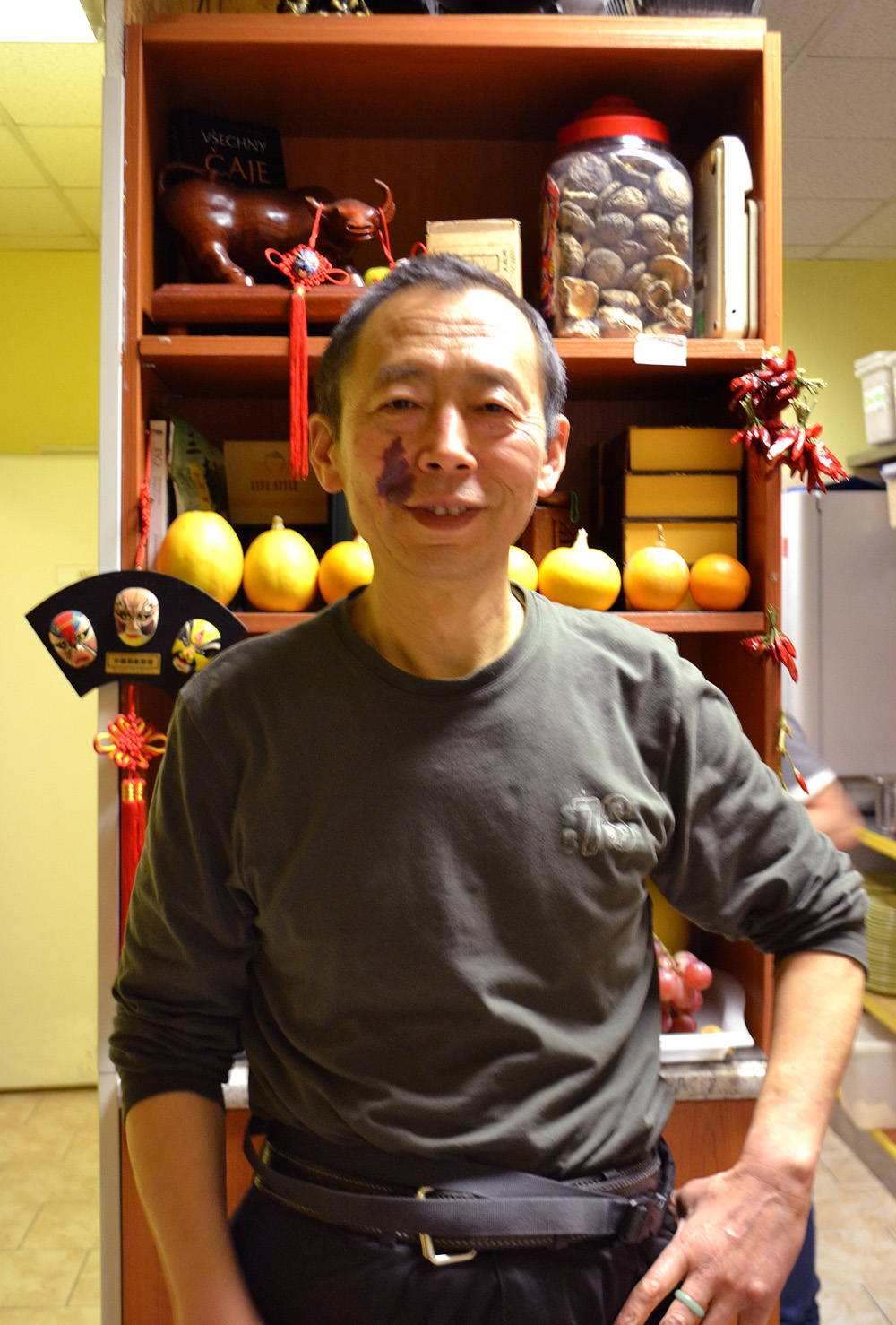
Jian Guo Chen (an entrepreneur and chef)
Jian Guo Chen was born in China in 1960. He emigrated from Beijing in the early 90s and, according to him, ´accidentally´ found himself in Prague. At the beginning he became a kitchen helper in a Prague Chinese restaurant, after that he sold textiles and vegetables. Over time, he took an interest in spiritual teachings and he started with regular meditation with his spiritual teacher. He became a vegan for further spiritual growth, of which a necessary part is a rejection of violence against living and feeling beings.
Following that, Jian Guo opened his vegan restaurant called ´Vegetka´ in Kafkova Street in Dejvice, Prague, in 2006. Nowadays, Vegetka is attracting more and more customers after years of Jian Guo´s hard work. Moreover, Vegetka does not use palm oil and in making cakes, for example, favours coconut oil. Currently Jian Guo cooperates with various meditation seminars, which provide food and catering from Vegetka. Jian Guo likes spiritual growth, peace, quality tea, healthy food and gardening. He is happily married and he has children who are living in Beijing.
Hello Jian Guo, my first question is where are you from?
I am Chinese from Beijing.
When did you emigrate from China?
I went away from China in 1991. Originally I wanted to go to Romania, because my friends gave me a recommendation about this country. Finally, it failed…
What was the reason?
Immediately after receiving my friend´s recommendation about the good conditions for trade in Romania, I bought a ticket from Beijing to Moscow. I went by train for one week – nonstop. It was really exhausting, I did not feel rested, I did not asleep on the train. I had another friend in Moscow, who asked me, if I wanted to stay in the city, but I did not want to. So, I continued on my journey to Romania. My second station (and last) was Budapest. That was the end of my way, because I could not go any farther – I had not received a visa. I started thinking, that I would have to come back to China, but I met one guy, who talked to me about the Czech Republic. Finally, I settled on the Czech Republic in 1992.
For what reason did you decide to immigrate to the Czech Republic? Did you want to have a better life?
Absolutely not, because I was a successful salesmen and businessman in Beijing. I was really interested in Europe and European people.
So, what was the reason for your curiosity? You were just an adventurer…
Yes, exactly. To be honest I had one more reason. Since my childhood, I have heard from old and dying people that they are leaving to the West, to heaven. Europe is in the west, isn´t it?
It is generally said that heaven is in the west?
Yes, after death. So, this was another thing that attracted me more and more to going to the West.
Did you have some awareness of this country? Did you know anything about the Czech Republic?
Not really.
What was your first job in the Czech Republic, when you did not understand a single Czech word?
Well, I really felt as if I was deaf, blind and dumb. (Smile) I was still saying to myself, where you are, this is not your world… I didn’t know what to do and I was thinking about coming back home again. I had a good job in China. I decided to go home. I called my wife and asked her about some money for the travel. Fortunately, the next day my housemate told me that there was one vacancy in a Prague Chinese restaurant. He suggested that I try there and I could start earning money for my travel to China. I called my wife to not send anything.
And it was beginning of your life in the Czech Republic…
Yes. Everybody liked me in my job, because I was hardworking. My boss said all the time: ´Stay! Stay!´, so I stayed. (Smile)
It is nice. Everything was one big coincidence.
You are right. It was all a coincidence – every step.
For you what was the role of a foreigner in the Czech Republic and how were you affected by the Czech environment?
It started to be very interesting for me. All the time I tried to understand more. Firstly, I learned English and later I started speaking with my colleagues in the restaurant. We always had time to speak a little Czech. I also started selling textiles on my days off, so it could be possible for my wife to come to me.
You must have been very happy.
I was. Over time, my wife started selling textiles in Prague´s district 9, called Prosek.
Now we are sitting in your Vegan restaurant called Vegetka in Dejvice. Could you tell me, what you actually lead you to found a Vegan restaurant in Prague?
It all began when I was selling textiles on my stand at Prague´s Sparta every Saturday and Sunday. My friend gave me a magazine about a Master called Ching Hai. I really did not understand the magazine, because it was not in Chinese. I was just flipping through it and looked at it. There I discovered information about the fact that meat is unhealthy, that alcohol is destroying our consciousness and that tobacco is harmful to human health. Initially, I was not sure about the facts connected with meat, but consequently I read about 4 people who caught a fish. They ate the fish, only half of it, but the fish was still alive. The fish looked like it was speaking in the photos. Every one of them was hospitalized for 3 days. Finally, one of them died.
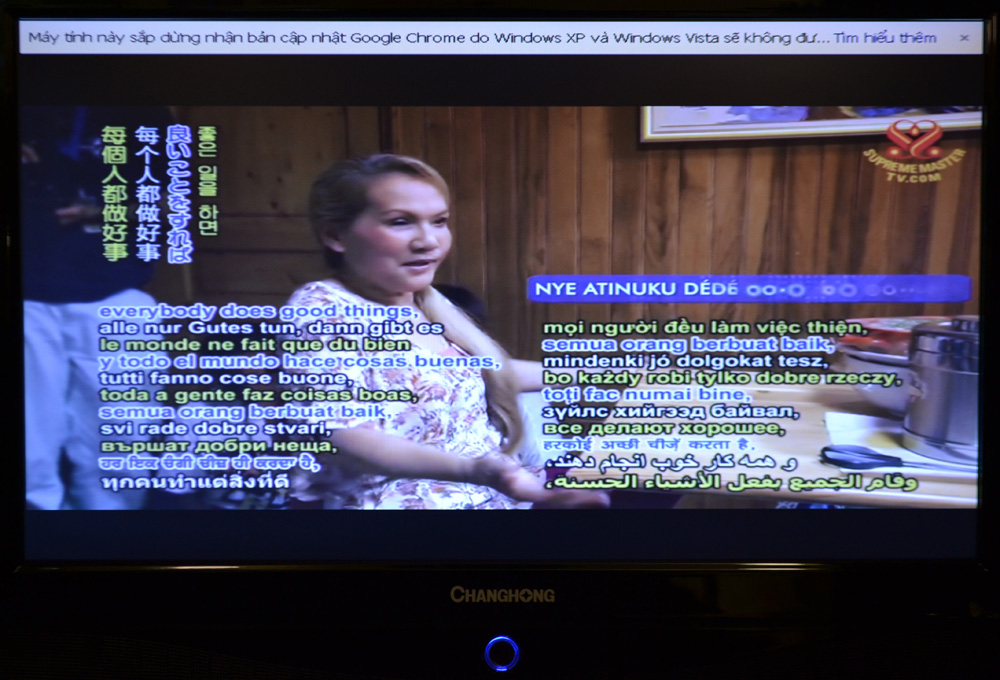
Where did it happen?
In Taiwan. The Taiwanese newspapers wrote about it. I started thinking about these things and other things – about karma, about the Bible, where it is also an eye for an eye and a tooth for a tooth. Of course, at first I did not know what karma was, but later I understood. Every action has a consequence.
For this reason you founded Vegetka?
Well, I still was a little doubtful and I was searching for the truth. Consequently, I began to solve my financial problems and I still had the same salary after four years. I could not rent my own house. So, I ended my job at the Chinese restaurant and started selling textiles. Some time later, I bought a grocery store and this was also the time when I got under way with spiritual lectures and meditation.
And how did you change from the grocery store to Vegetka?
In 1995, I left the restaurant and became a vegetarian, actually a vegan, because I did not eat dairy products. For example, we drink soy milk in China, which is more easily degradable for the human body. In 1999, I was spiritually moved and understood more things. In the same year I opened my own fast food restaurant, called Zdravé jídlo (Healthy food). I was already cooking basically purely vegan food. Then I shut Zdravé jídlo and opened Vegetka.
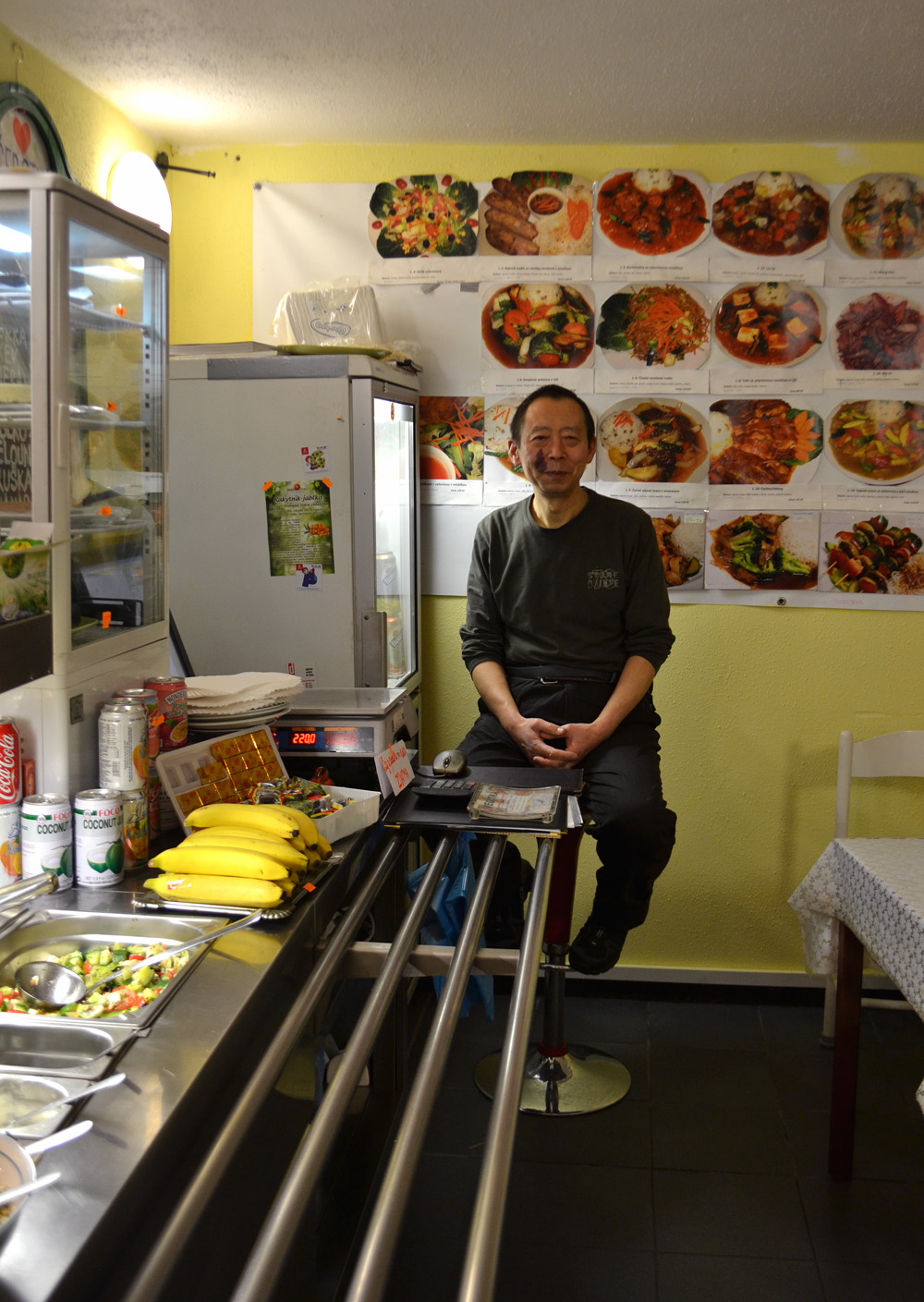
So, you have been a Vegan since 1995?
Yes. In 1995 my wife and I stopped eating meat and decided to be vegan. It took place on Chinese New Year and I ´cleaned´ our home and I threw away every animal product. Everything flew away! (Smile)
How long has Vegetka been open for?
Since 2006.
How did you find such a beautiful space? Vegetka has two floors and has an interesting layout.
You probably have not seen, how this space looked before… (Smile) It was not a beautiful space. There were not also any stairs, which you can see now. It was a dark and unsightly space.
So, it took a lot of work thus?
It took a lot of work and money. I invested so much money in Vegetka. The first five years I was in the red, but I survived. After 5 years I reached a balance. Those were tough times. I offered vegan meals at a restaurant, which did not serve alcohol and was, and still is non-smoking. I offered that to the Czech people…
I see. You did not come with ´knedlo vepřo zelo´ (dumplings, pork and cabbage) and you did not offer beer.
Exactly, people did not show much interest. On the other hand, I was waiting and I stayed. To be honest, I have one good character feature. This is that I believe in better days and better future. I really believe that people should eat healthier and be vegans. I believe that this is a good direction for humans.
I have been going to Vegetka since 2010. I remember when I was there for the first time, that it was a normal restaurant with a restaurant menu. Now, you offer a vegan buffet menu way and every customers can try everything that they want. I find it more practical these days and I also noticed, that you have more customers.
Oh, it was terrible times. I cooked without a break and people were making a queue in the Vegetka. The customers were waiting half an hour and still nothing changed. I was really sad about this situation. I was still thinking how can I improve Vegetka and make a better environment for customers. I have remembered one restaurant in the centre of Prague where everybody makes their choice what to eat, puts whatever they like on the plate and pays only for the weight of the meal. It is a win-win: the customers choose what they would like and it saves me work and time.
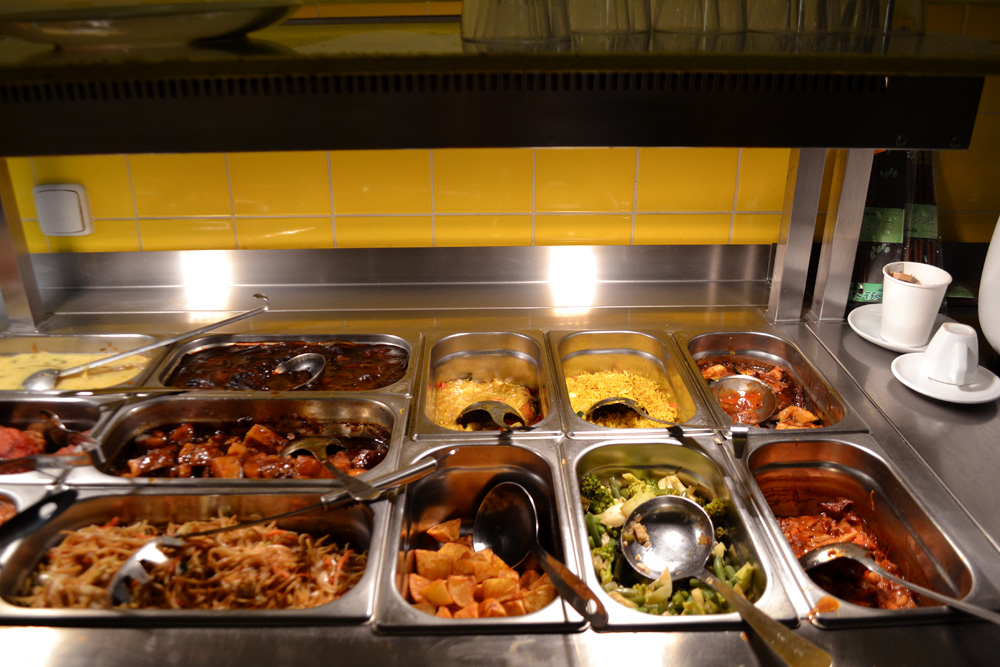
Vegetka is also interesting for the fact that you are selling tea leaves and what is more, you have Tibetan pictures there. Who is in these pictures?
This is the Tibetan Tara. There is the White Tara next to the stairs and there is the Green Tara over the table. I do not know so much about Tibetan Buddhism but I am sure that Tara helps people, she is compassionate and she helps with the spiritual way to further awakening. She adds positive energy.
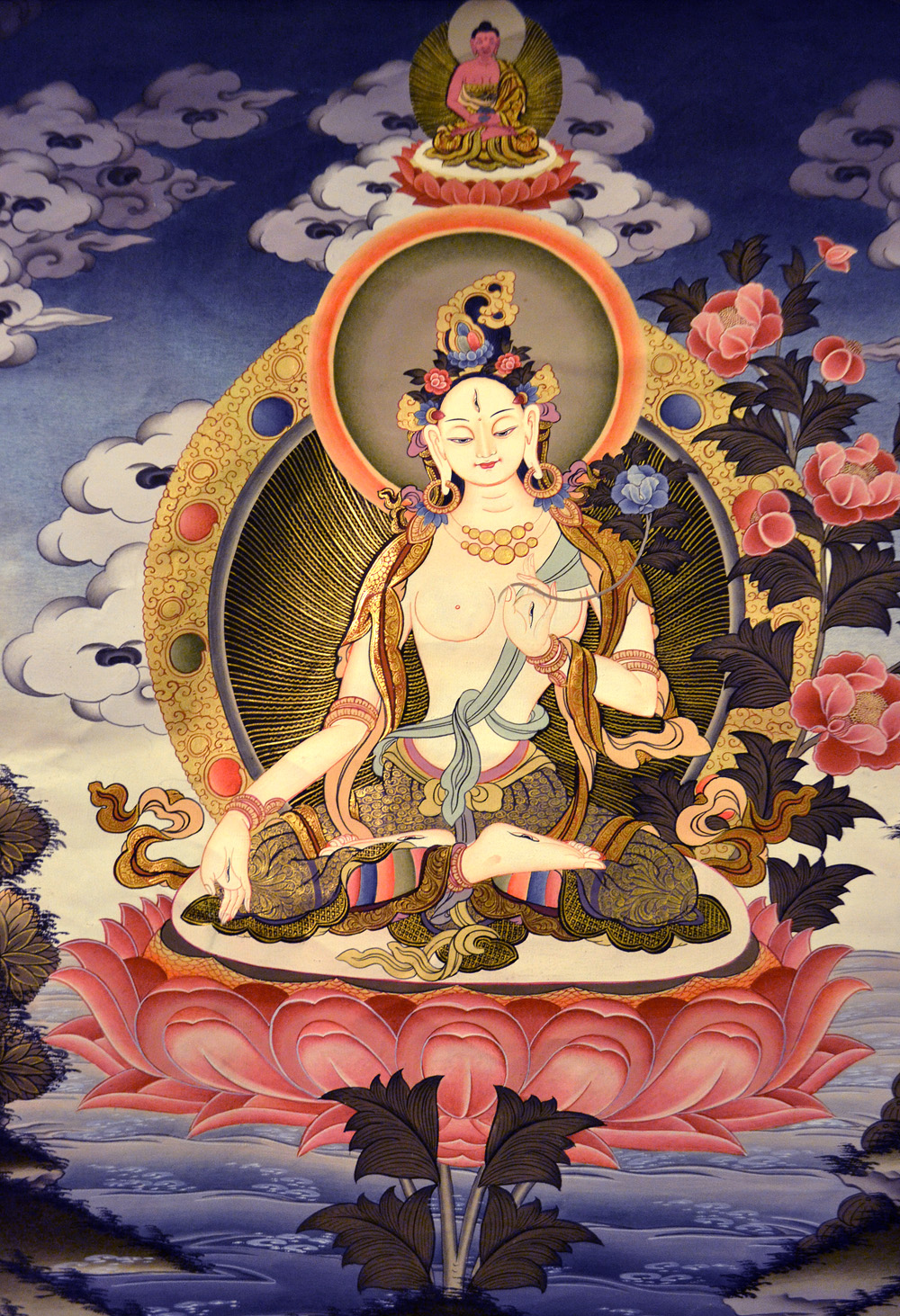
So, it could be said, that she openes the so-called ´third eye´?
Yes. I read something about Green Tara in one book. I remember that Tibetan Milarba and his master asked Green Tara about spiritual help and awakening. Every single Tara has specific features and substantiality. There is Red Tara, Gold Tara, Black Tara and also Blue Tara. From a general point of view, Tara is compassionate protective goodness. According to the legend, she was born from the tear of Avalókitéšvara when he looked on all of the suffering of all living creatures in this world.
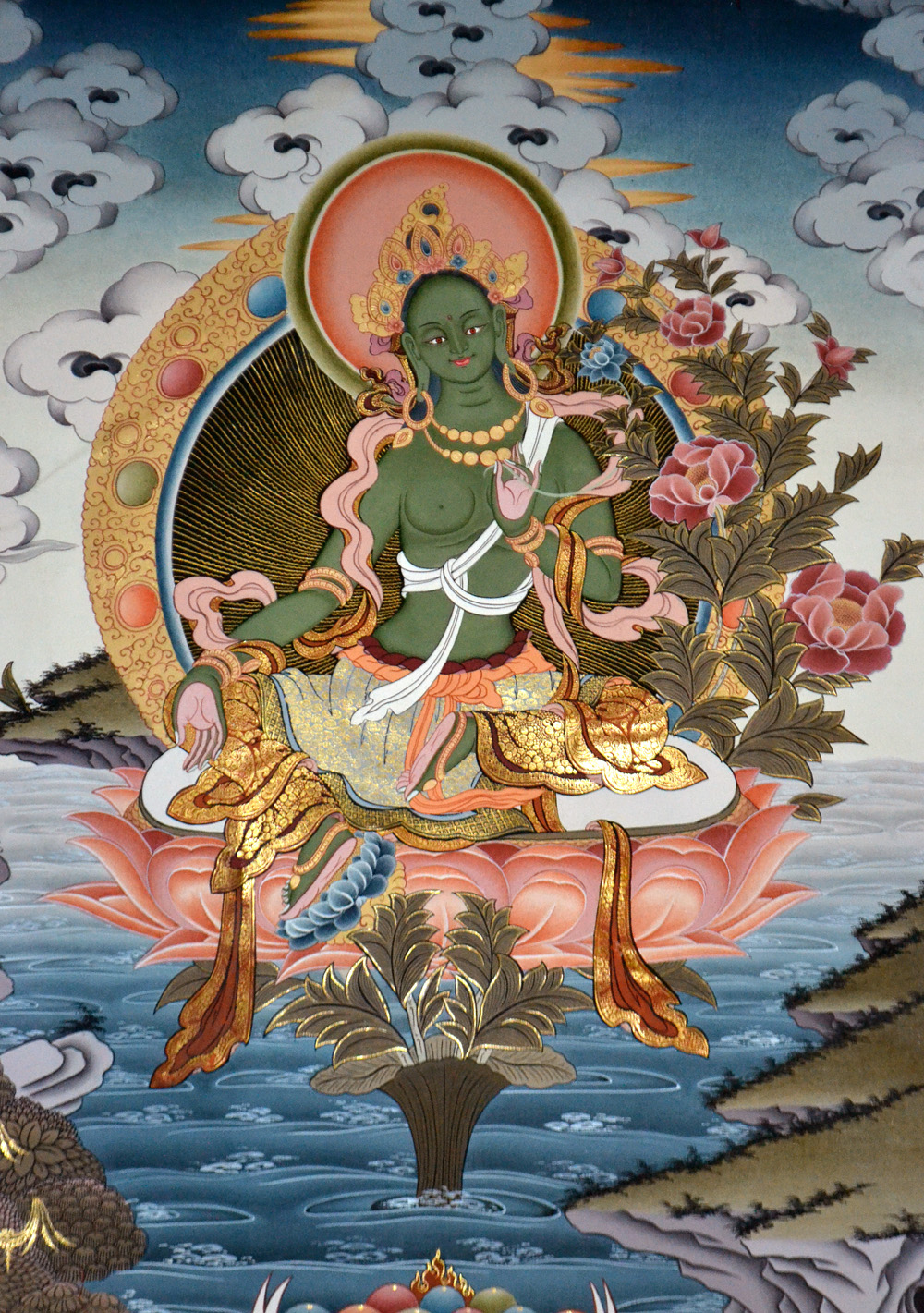
The Supreme Master TV Channel is on in Vegetka all the time. The TV also promotes veganism?
Yes, and also provides spiritual information and explains all religions (Christianity, Islam, Hinduism, Buddhism, etc.). The message of all religions is love.
Ching Hai about vegan food
The Supreme Master is thus spreading the peace and love across all religions?
Exactly. All of religions are the same and we are one human family.
I would really like to see people understand this philosophy and to stop fighting among themselves… Well, what do you think about Vegetka is unique? What would you do to lure new quests?
People who love Vegetka like the tranquillity here, gentleness and the overall atmosphere of Vegetka. Moreover, I cook healthy and tasty food.
The overall atmosphere of Vegetka is really unique and I feel almost at home here. You even grow vegetables and other plants in Vegetka.
It is true. We are now preparing the garden in the back for the spring and summer. I like to grow my own vegetables. For example, we had our own cucumbers, pumpkins, hot red peppers and various herbs last season.
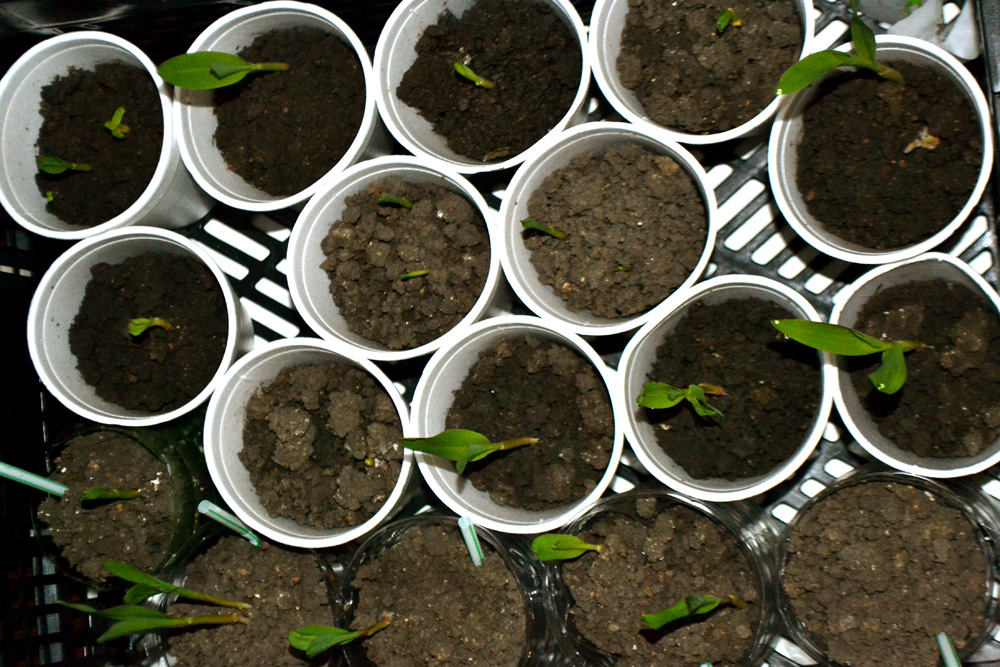
Do you feel that is more and more interest in vegan food?
To be honest, I think all people will become vegans in the future. This is due to many causes.
In that case, do you feel that all people should start eating less meat because it harms and causes a variety of diseases to people?
For me personally the most important thing is love and love must be free of violence. What we send, we receive at the same degree. All the deeds will return to us. I cannot hurt and kill animals – animals also have their own life. We have no reason or right to hurt them. Another thing is that meat contains hormones, chemicals and stress washes into the animal body before slaughter, into each of its cells. The cell contains information and our body reads this information. Finally, it causes a variety of diseases in the human body.
Are you happy about the fact that you are vegan, that you do not hurt animals?
Yes, I am. It often happens to me that some animal comes to me. For example, when visiting friends or in the streets. A wild cat wants a stroke from me and rubs up to me. The animals know and feel that I am a good person.
You certainly have relatives in China. Do you miss them?
I have got children in China. I have tried to move them to us, but they could not receive visas. (He looks sad)
The main thing is not to lose hope and think positively…
Yes, it is.
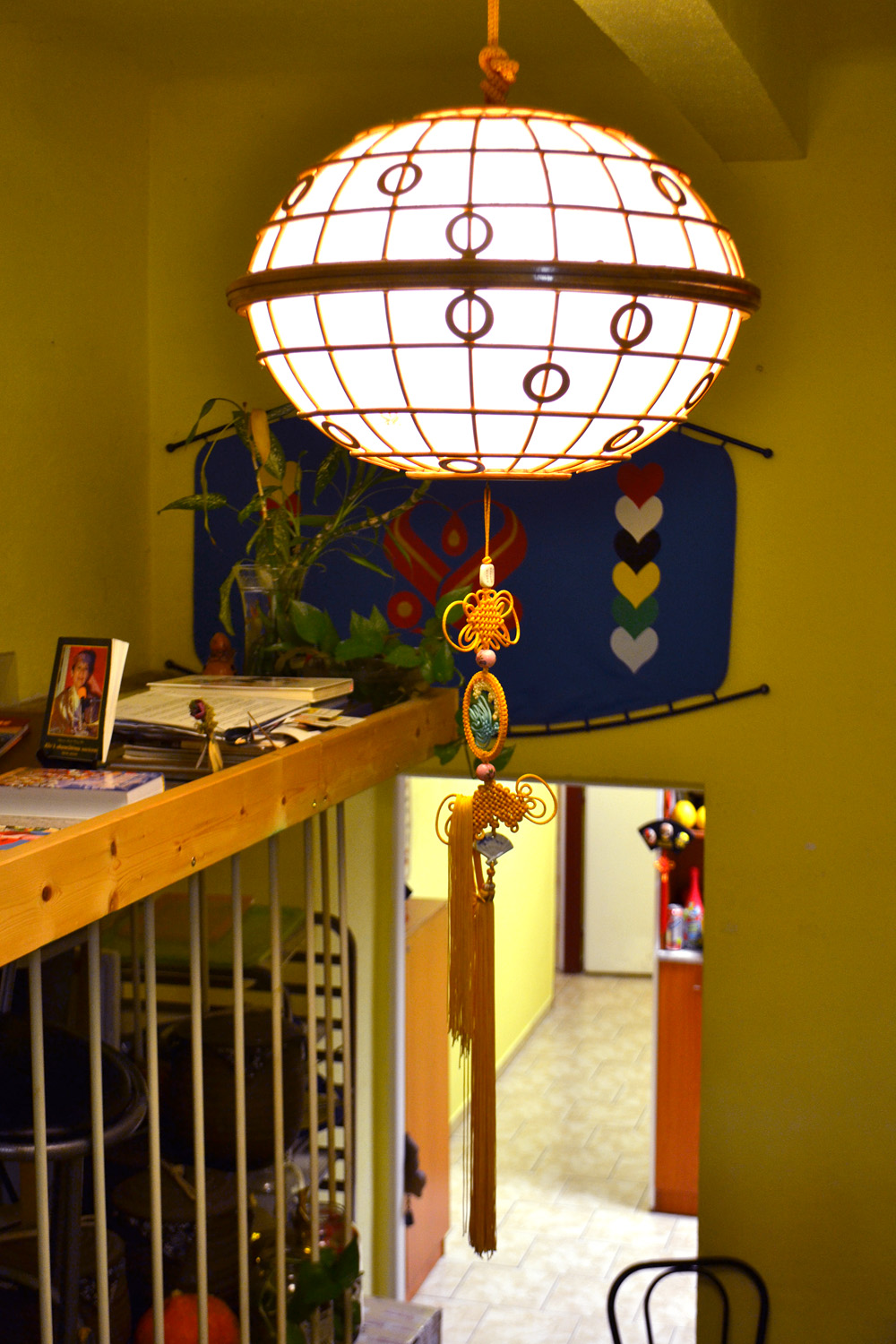
If you had to evaluate character traits and differences in social behaviour of Czech and Chinese people, what would they be?
They are different. It is a different system of government, culture and many other things. Chinese philosophical concepts are based on Confucius´ teaching. For example, older people are appreciated by young and young people care about old people. Confucius taught people that all men belong to one human family. When I see an abandoned child, I regard him as my own offspring.
What do you like about the Czech culture?
I love the people. They are nice and kind, even if they do not want to talk too much, so they are very nice and they love animals and nature. There are beautiful parks all around. I also love the Prague and its buildings.
What are the advantages and disadvantages of living in the Czech Republic?
The biggest advantage for me is that I am helping people, because I cook healthy and tasty vegan food. The drawback is that people do not know how prepare vegan meals, for example using soya, and thinking that vegan food is no good and bland. That is why I stayed in the Czech Republic, to help people and also because I have many friends here.
Also, I would like to ask you. Where there any bad reactions directed at you, just the reason that you were a foreigner or immigrant?
Not at all. The most difficult was to get visa. Now I have a long-term stay, so now it is all good.
If you look back to the past, do you regret that you lived a long life in the Czech Republic?
No, I like it here. For me it was a nice change. I endured everything. Vegetka is about daily hard work. I worked from 7 every morning until midnight. After the first three months I had the feeling that I was totally exhausted. At first, I cooked by myself, but now I can afford helpers that I teach them how prepare vegan meals.
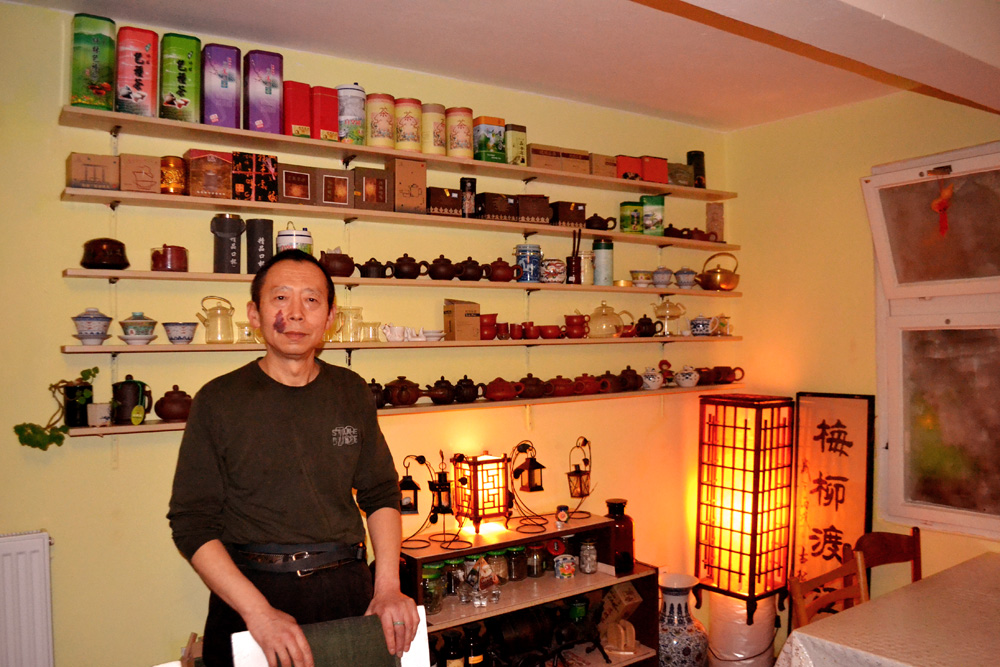
Finally, I would like to ask whether you celebrated, on the 8th of February, the beginning of Chinese New Year.
Of course, I celebrated. (Smile)
How do you traditionally celebrate the New Year in China?
You know, this is like Christmas. All family members meet and have dinner together. I celebrated in my own way – I drunk soft drinks, ate fruits and vegan dishes.
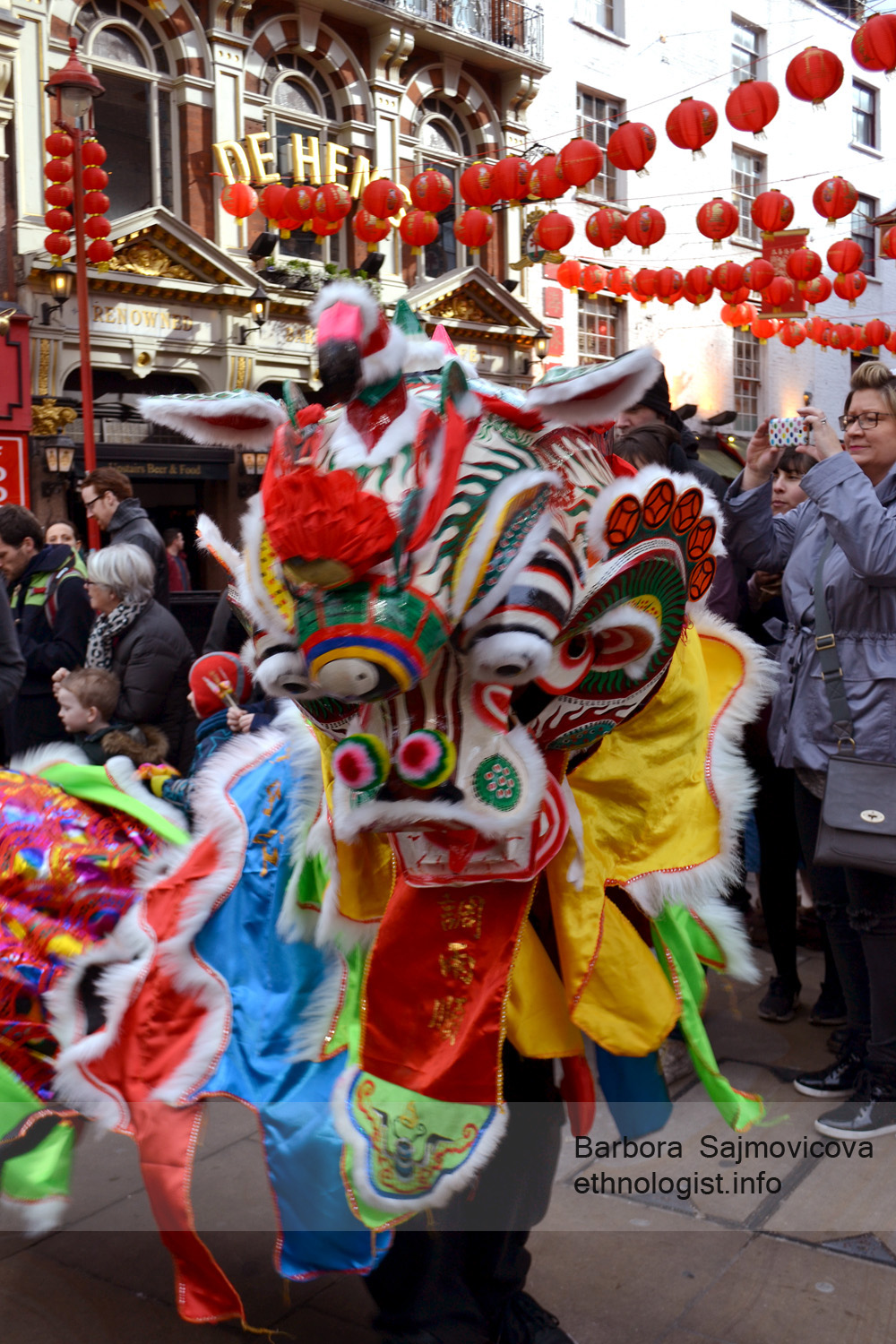
What do you think that the Year of the Fire Monkey will bring to us?
I really like the monkey, because it implies a lot of energy and acumen. It brings new changes, happiness and new ideas. I also believe that people start eating more healthily and begin to give love. The love is not about waiting and taking. You must give love at first and open your heart. It is important to understand it. So, do not wait and spread the love!
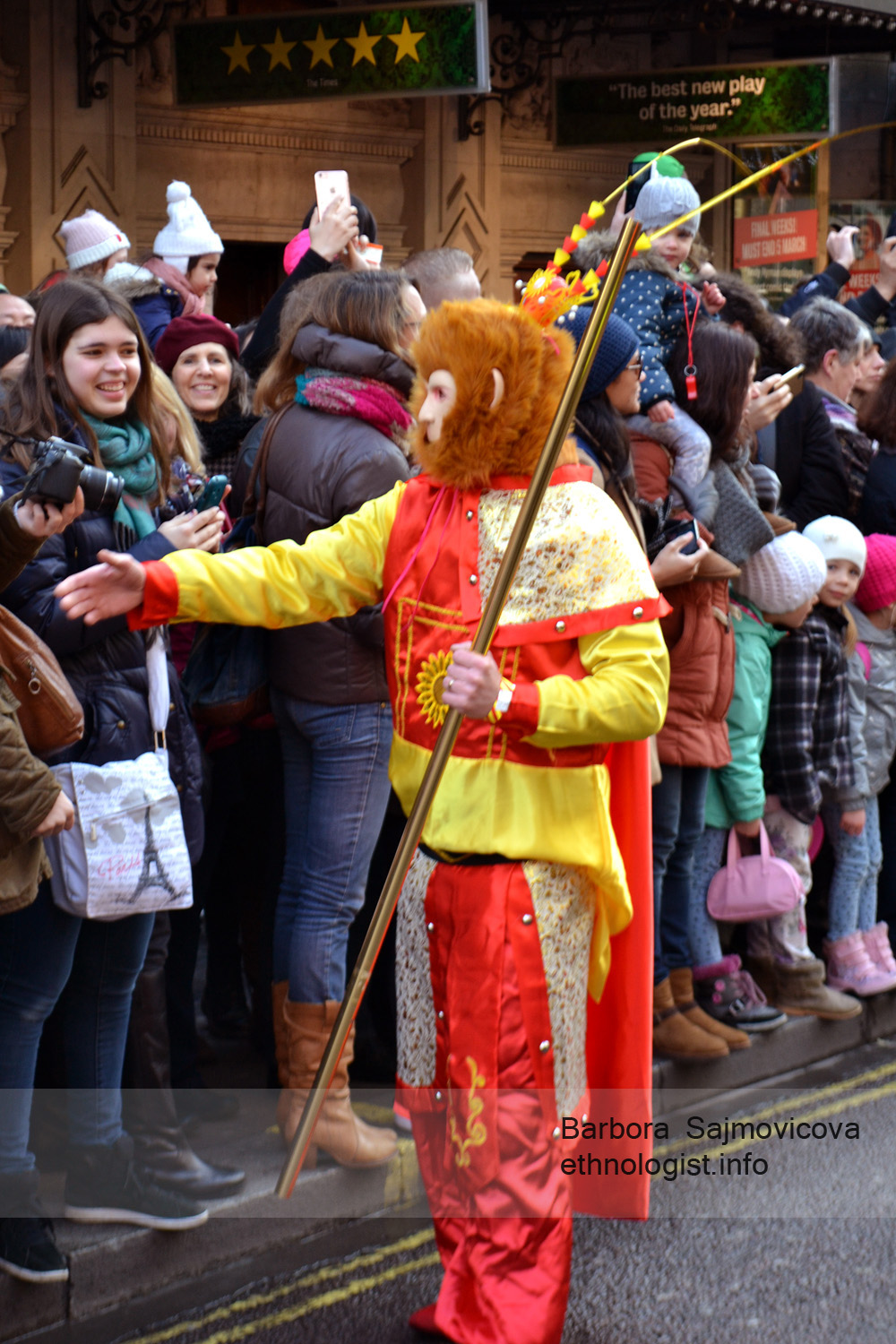
Jian Guo thank you very much for the interview and for the time, which you spent with me. I wish you the best of luck – to you and to Vegetka!
Thank you. You too!
Jian Guo Chen in Czech TV
Editor´s note: The interview between Jian Guo Chen and Barbora Sajmovicova took place on the 9th February 2016 in Prague.
Useful links: